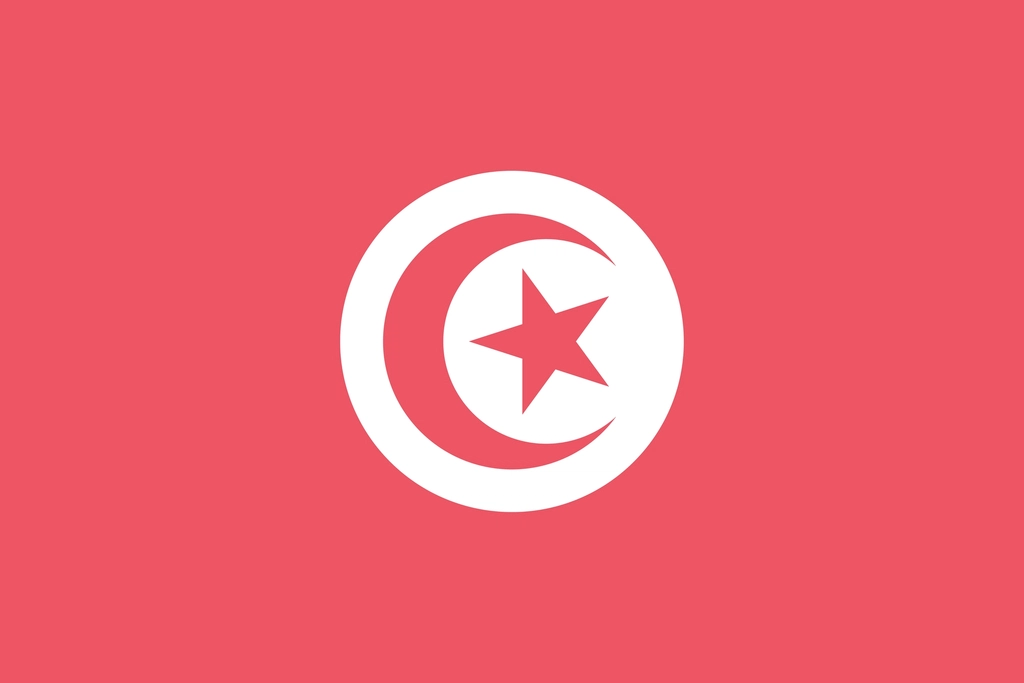Children’s Day and Tomb Sweeping Day: Public Holidays in Taiwan
In Taiwan, the month of April brings with it two important public holidays – Children’s Day and Tomb Sweeping Day. These holidays hold significant cultural and historical importance, and are celebrated with great enthusiasm by the Taiwanese people.
Children’s Day: Celebrating the Future
Children’s Day, also known as “Kodomo no Hi,” is a special day dedicated to celebrating the happiness and well-being of children. It is observed on the 6th of April every year in Taiwan. The day is filled with various activities and events that are designed to entertain and educate children.
On Children’s Day, schools, communities, and families organize fun-filled events, such as picnics, sports competitions, and talent shows. Children are encouraged to participate in these activities, showcasing their talents and abilities. It is a day when children are given the opportunity to express themselves and be recognized for their unique qualities.
Parents often take their children out for special treats, such as visiting amusement parks or going to see a movie. Many museums and cultural institutions also offer free or discounted admission for children on this day, allowing them to explore and learn about various subjects.
Children’s Day is not only a day of celebration but also a reminder of the importance of nurturing and protecting the future generation. It serves as a reminder to society to prioritize the well-being and development of children, ensuring a bright and promising future for Taiwan.
Tomb Sweeping Day: Honoring Ancestors
Tomb Sweeping Day, also known as “Qingming Festival,” is a traditional Chinese holiday that is observed on the 6th of April in Taiwan. It is a day when people pay respects to their ancestors by visiting their graves and performing various rituals.
During Tomb Sweeping Day, families gather at the gravesites of their ancestors to clean the tombstones, offer food and drinks, and burn incense as a sign of respect. It is believed that by performing these rituals, the spirits of the deceased will be comforted and blessed.
Aside from paying respects to ancestors, Tomb Sweeping Day is also a time for people to reconnect with nature and enjoy the beauty of spring. Many families take this opportunity to have a picnic or go hiking in the countryside, surrounded by blooming flowers and fresh greenery.
Tomb Sweeping Day is deeply rooted in Chinese culture and has been practiced for centuries. It is a time for reflection, remembrance, and gratitude towards those who came before us.
Conclusion
Children’s Day and Tomb Sweeping Day are two important public holidays in Taiwan that hold cultural and historical significance. While Children’s Day celebrates the happiness and well-being of children, Tomb Sweeping Day is a time for paying respects to ancestors and reconnecting with nature.
Both holidays provide an opportunity for families and communities to come together, celebrate, and reflect on the values that are important to Taiwanese culture. Whether it’s through fun-filled activities for children or solemn rituals for ancestors, these holidays play a vital role in strengthening the bonds within Taiwanese society.
So, if you happen to be in Taiwan on the 6th of April, make sure to join in the festivities and experience the rich traditions of Children’s Day and Tomb Sweeping Day.





